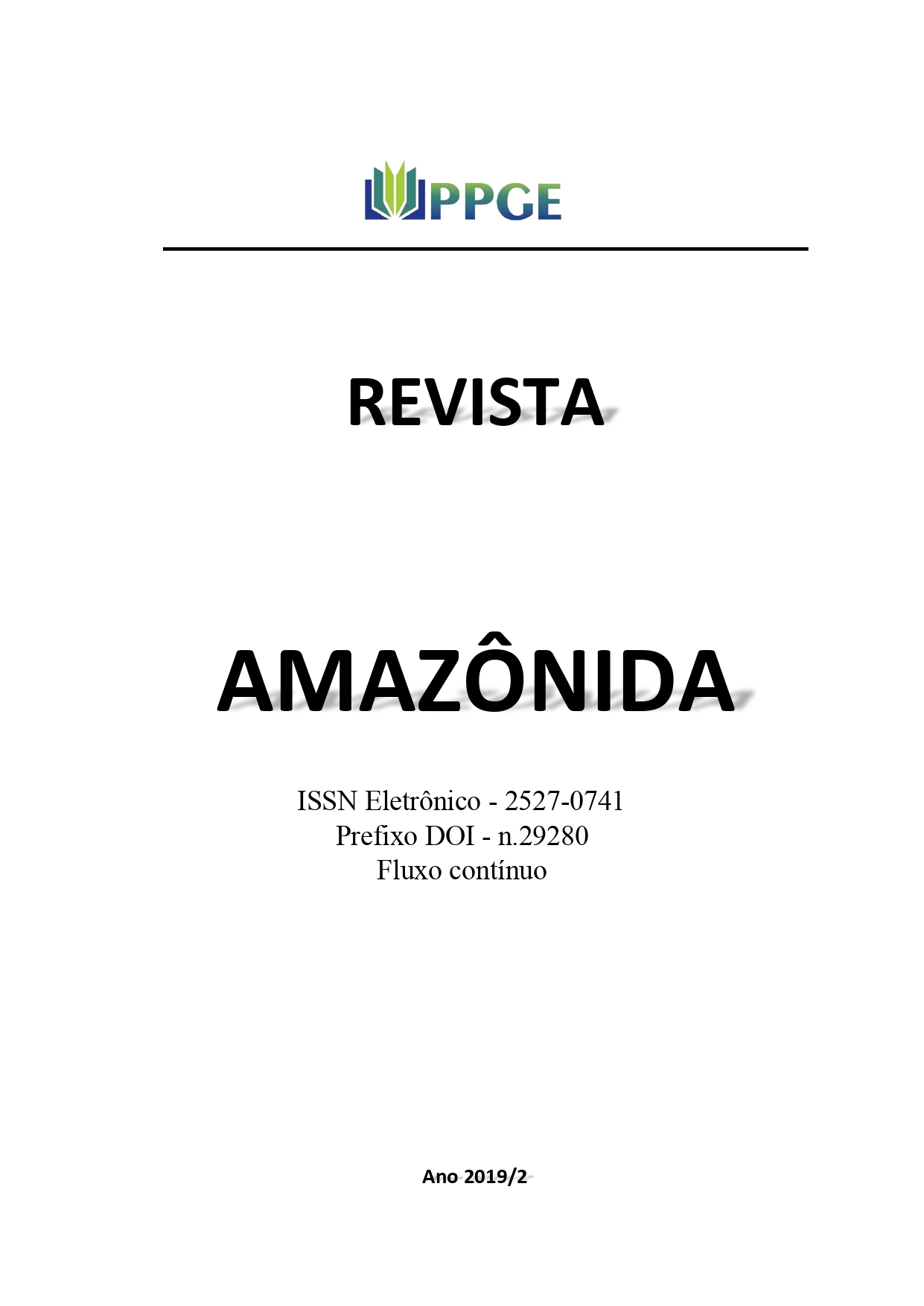A pedagogia de projetos desenvolvida em Manaus: um estudo de caso na Escola Indígena Kanata T-ykua
DOI:
https://doi.org/10.29280/rappge.v4i1.4980Resumen
Abstract
This article presents results of the research project "The Pedagogy of Projects developed in Manaus: A Case Study About An Indigenous Kanata T-Ykua School" developed within the actions of the Institutional Program for Scientific Initiation Scholarships (PIBIC) at the Faculty of Education of the Federal University of Amazonas. The project aimed to analyze the relevance and scope of the Project Education (PP) in the indigenous school Kanata T-Ykua, their theoretical and methodological contents and its relation to the pedagogical proposal from the SEMED. The struggle of indigenous peoples for systematized teaching can be understood as one of the ways to face the adversities of the surrounding society, since the education offered does not have a differentiated curriculum that revitalizes and gives continuity to their culture. It was through seeking the methodological improvement of their practices, that the Kambeba people of the Três Unidos community inserted the Project Pedagogy in the educational process of the regular school, aiming at the improvement of their socio-cultural processes. Therefore, it is considered necessary to understand how these learning projects are developed in the Kanata T-Ykua indigenous school. The methodological procedures applied were based on the case study and qualitative bibliographical and documentary research. As a result, the research shows that the projects are critical to the revitalization and maintenance of traditional knowledge of Kambeba people, enabling cognitive development and student learning about the studied themes, valuing indigenous educational processes while shaping curriculum integration so that the pedagogical action is re-signified.
Keywords: Project Pedagogy; Indigenous School; Traditional Knowledge.






















